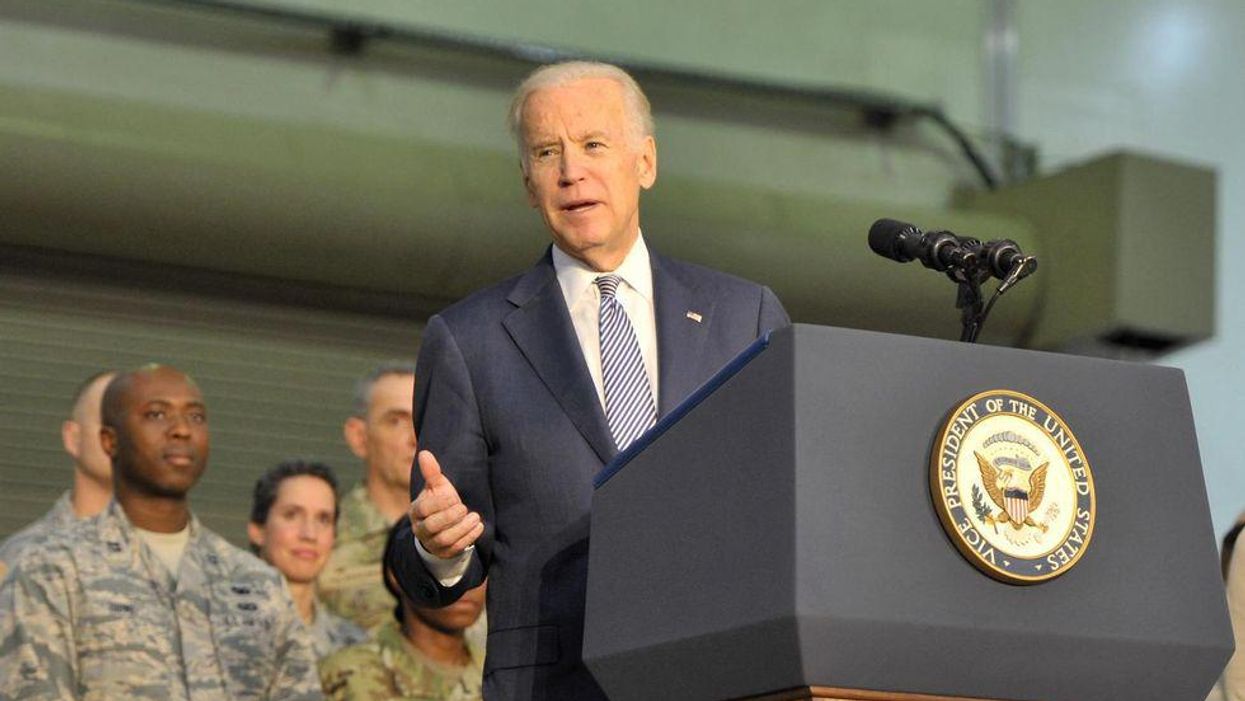More than one-quarter of Democratic voters are unhappy with how the party has executed its power over the past year, a new Ipsos/Reuters poll released on Tuesday found.
In addition to capturing the White House, the razor-thin majorities that the Democratic Party eked out in the House of Representatives and the United States Senate in the 2020 election have failed to inspire a significant bloc of its base.
According to the survey, “28 percent of Democrats said their party was unable to get things done last year because they were too busy fighting each other or lacked resolve. Forty-seven percent blamed Republicans for blocking Democratic efforts and only 25 percent said the party had been able to accomplish most of its goals.”
And despite an economy that by most metrics is trending in a positive direction, progressives are understandably frustrated that the bulk of President Joe Biden’s agenda has stalled.
“Democratic voters said they were disappointed the party failed to deliver on high-level priorities like Biden's $1.75 trillion ‘Build Back Better’ social spending bill or to pass sweeping voter rights reform. Both those bills faced solid Republican opposition in the 50-50 Senate and two critical conservative Democratic Senators, Joe Manchin [West Virginia] and Kyrsten Sinema [Arizona], who rejected top Senate Democrat Chuck Schumer's [New York] proposed maneuvers to pass them,” Reuters noted in its findings.
Other major hurdles that Biden and his Democratic coalition have not been able to surmount – again, because of Manchin and Sinema – are establishing a plan to tackle the immediate and worsening climate crisis as well as forgiving federal student loan debt, which Biden made a crux of his presidential campaign.
This has contributed to Biden’s approval rating slipping to 43 percent, which could translate into sweeping losses for Democrats in November’s midterms if they are unable to get more accomplished – even though the Republican opposition has offered no substantive policy proposals.


